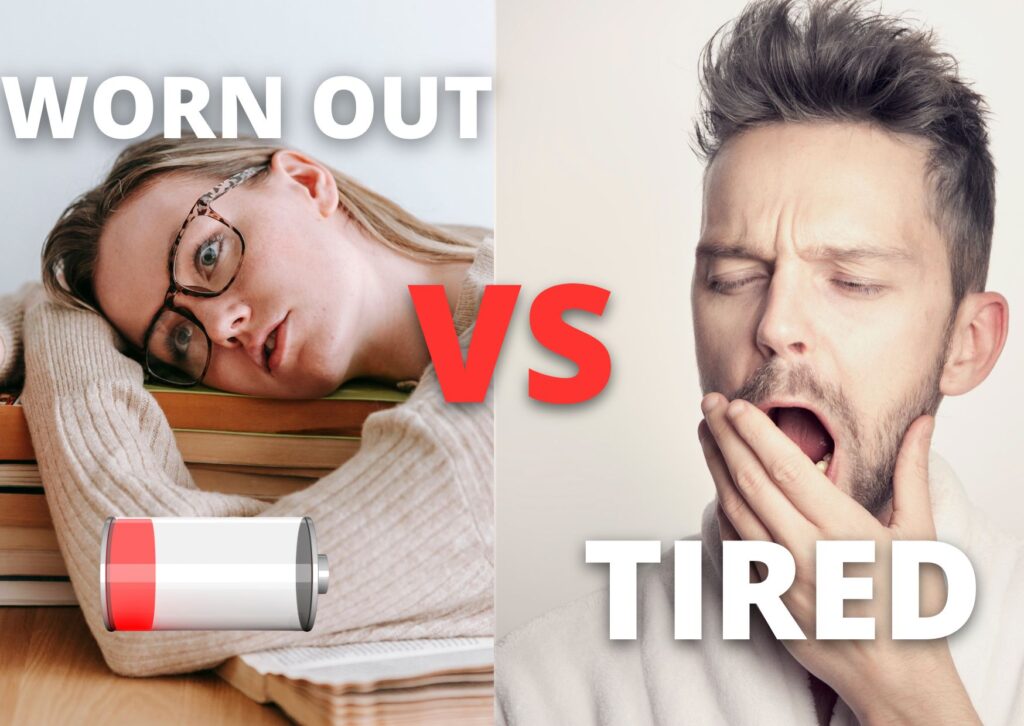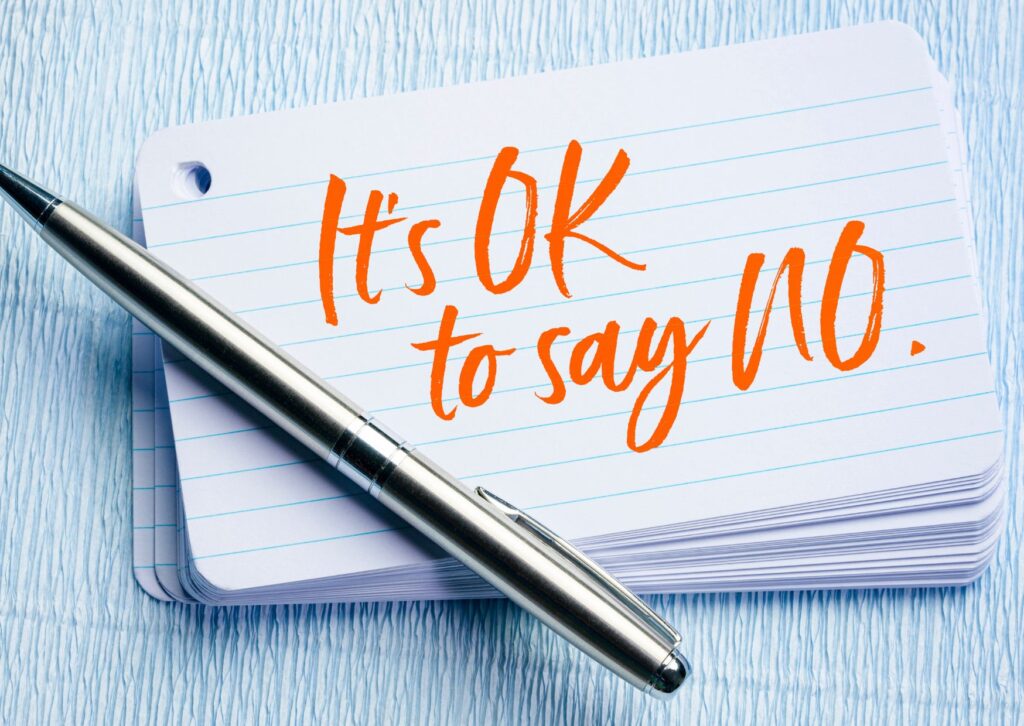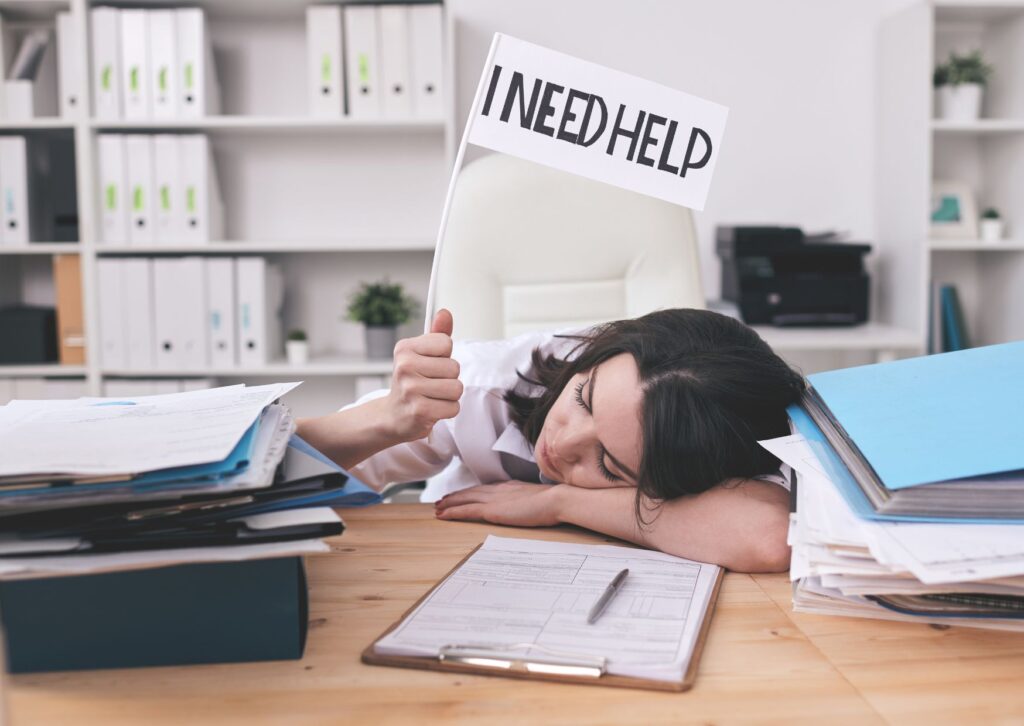5 Ways to Feel Less Worn Out!
Feeling constantly drained and unable to recharge?
You’re not alone.
Many of us experience the state of being “worn out”—a deep exhaustion that simple rest can’t fix.
This blog delves into what it means to be truly worn out and offers practical, easy-to-implement strategies to help you regain your energy.
Discover how to reclaim your vitality with these 5 methods.
Let’s explore these steps to help you feel less worn out and more rejuvenated.
Contents
What Is The Difference Between Worn Out And Tired?
5 Tips to Reduce Feeling Worn Out
What Does Worn Out Mean?
Worn out is an expression used to describe someone who is exhausted due to over exerting themselves.
People are often heard saying things like, “that has worn me out” or “I’m worn out now”.
To understand the saying, it’s easiest to look at the analogy below.
Imagine a bike tyre. When you first use it, it’s fresh, fully pumped, and ready to go.
Once you’ve ridden the bike several hundred miles, the tyres begin to wear out. The rubber starts to crack, the grip starts to go. The tyres are beginning to become “worn out”.
If the tyres were new but unused for a long time, they wouldn’t be worn out.
It’s the repetitive use of the tyre that causes them to be worn out.
This is just like a human. When we do too much, we often become worn out.
What Is The Difference Between Worn Out And Tired?

Someone who is tired, is not necessarily worn out.
A tired person may just be tired because it’s approaching bedtime.
They may not have done much to exert themselves that day at all.
Someone who is tired needs sleep, whereas someone who is worn out, may have just exerted a lot of their energy and may not be “tired” and ready to sleep.
Imagine an individual who’s had a great sleep and then the first thing they do is go for a run.
Imagine this person hasn’t run for 5 years.
The run may cause them to feel “worn out” but it won’t necessarily make them tired as they’ve not long woken up.
They won’t be wanting to go to sleep, but they may not want to do anything other than relax on the sofa.
Why Do People Get Worn Out?
Mostly, people get worn out by simply doing too much.
Not all of this is by choice, and individuals can get consistently worn out due to their living situation, lifestyle, family commitments, or high pressure job roles.
Imagine a single parent of 4 children having to prepare breakfast, do the school run, go to work, maintain house chores, do the afternoon school run, prepare dinner, wash up, do homework with the kids, etc.
I bet you’re worn out just reading that.
An individual like this may only have a few options to reduce feeling worn out.
On the other hand, some of us can prevent feeling worn out much easier.
We may be committing to too many duties, taking on too much responsibility, and adding pressure to ourselves unnecessarily.
If you’re feeling worn out, below are 5 tips that can help.
5 Tips to Reduce Feeling Worn Out
1. Learn To Say No

Some of us get worn out because we do too much.
We may fear saying no to people because we don’t want to let them down, or we want to show we care.
However, if we don’t look after ourselves, eventually we may not be in a healthy position to help others.
Those who don’t make time to look after themselves, will eventually be forced to make time for sickness.
Saying no can be difficult, especially to loved ones.
However, those that care about you will hopefully understand.
2. Learn To Delegate
Delegation is not always easy.
Trusting someone else to do a task we normally do can be daunting or worrying, but how can we expect someone to learn, if we don’t give them the opportunity.
Whether it’s asking a colleague to help you with a specific piece of work, or it’s asking your children to put a wash on, we must learn to delegate.
Delegating can eventually give us some of our time and energy back.
If we don’t have to spend time or energy doing a particular task, this can reduce the chance of feeling worn out.
Initially, this may be a struggle, but it’s something to learn to overcome and work towards.
If someone doesn’t do a job as well as you, help them to improve so that you can eventually hand that task over to them.
The first wash I ever put on ended up turning the white washing pink. (Yes, I stupidly put something red in there)
However, this allowed me to learn and then eventually take over some of the washing responsibilities from my mother.
I’m now competent when it comes to sorting out the laundry and if it wasn’t for delegation, I may never have learned.
3. Do Less
In theory, it’s very simple.
If you’re doing too much and feeling worn out, do less!
In reality, this is much easier said than done.
Many of us often put unnecessary pressure on ourselves.
Some of us overload our days with non-urgent tasks, causing us to do too much.
To do less, it’s important to prioritise tasks.
Put tasks in order of priority and urgency and stick to them.
A great book by Brian Tracy called “Eat That Frog” helps you to prioritise the most important tasks.
Prioritising so that you can do less is another great step towards feeling less worn out.
4. Ask For Help

Asking for help can be daunting for some of us.
We know we need it, but for some reason, we hesitate to ask for it.
However, it doesn’t have to be that way.
When we ask for help, the worst outcome is that someone says no.
But asking for help means there is a possibility of actually getting help.
Asking for help when we’re feeling overloaded can help us work towards feeling less worn out.
By nature, people generally like to help.
Some people even feel privileged if you ask for their help.
Some of the benefits of helping include; feeling happier, having a sense of purpose, and even lowering blood pressure.
If we’re getting worn out because of work, we can ask our employer or manager for help.
They may provide training to help, such as “Goal setting webinars” or other wellbeing webinars that may support us.
Managers may even put together corporate health initiatives to support the way you’re feeling.
However, for any of these to start happening, you need to make the first move and ask for help.
It all starts from there!
5. Dedicate Time For Yourself
Who doesn’t love a bit of “me” time?
The problem is, that most of us don’t make this an essential part of our week.
We’re too busy catering to the needs of others that we continuously neglect ourselves.
Dedicating time to yourself can look different for everyone but it’s important when it comes to reducing the chances of feeling worn out.
Whether it’s going for a mind-clearing walk, having a hot bath, reading a book, or booking a deep tissue massage, dedicating time for your wellbeing is a must.
The majority of people say they don’t have time to look after themselves, but having delivered wellbeing workshops on this to hundreds of people, most individuals don’t prioritise themselves.
Some will still find time to watch tv, scroll through social media, procrastinate or gossip with others, but complain they have no time.
The key is to prioritise “me” time.
It will do wonders to reduce feeling worn out.
At Loving Life, we help companies to support the health and wellbeing of their employees.
If your workplace want free resources to help support employees, join the free mailing list below!
Author
Tyler Lowe – Health & Wellbeing Speaker
BSc Sport & Exercise Rehabilitation


